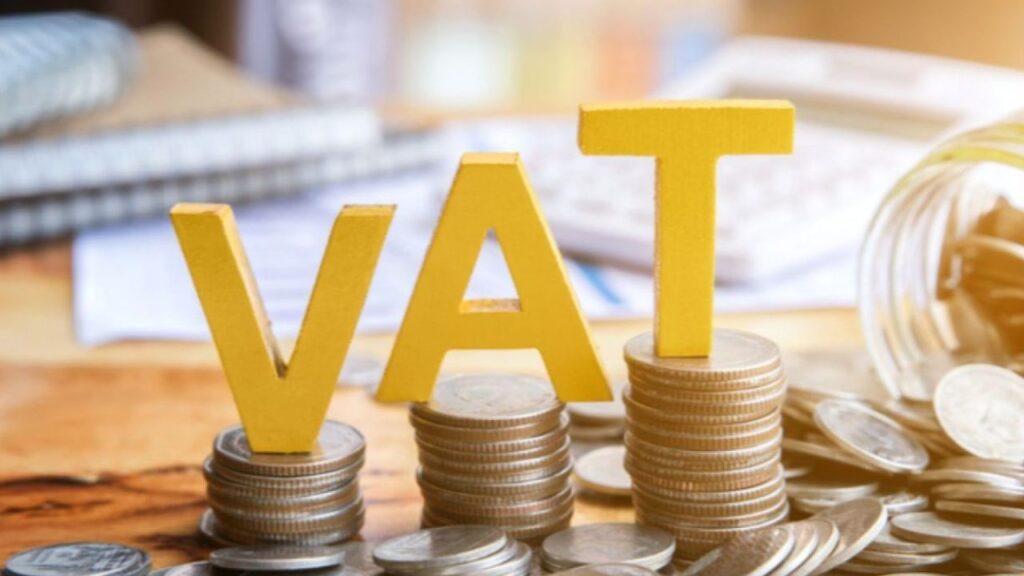Facing growing financial strain, South Africa’s plan to increase VAT has stirred significant anxiety among citizens. Economists, civil society groups, and ordinary citizens are voicing alarm that the proposed increase could disproportionately burden lower and middle-income households already struggling with soaring costs of living.
Tax Layers Tighten Grip on Everyday Spending
South Africans are no strangers to taxation, contending with multiple levies ranging from personal income tax and municipal rates to fuel surcharges and excise duties. The suggested VAT hike is seen as yet another financial strain on households already grappling with limited disposable income. For many, the idea of additional consumption tax is a cause for anxiety rather than optimism.
VAT’s Significance in Sustaining Fiscal Health
VAT currently stands at 15% and is a key pillar of South Africa’s fiscal framework. It applies broadly across consumer goods and services, making it one of the most wide-reaching forms of taxation. While revenue also stems from customs duties, capital gains, and corporate taxes, VAT remains the most visible and unavoidable tax for most consumers. Even minor adjustments to its rate have widespread implications.
Treasury’s Case for Gradual Implementation

To address rising national debt and urgent fiscal demands, the National Treasury has proposed a gradual implementation of the VAT hike. Starting with a 0.5% rise in the 2025/2026 fiscal year, followed by another 0.5% the subsequent year, the VAT rate would reach 16% by 2027. Finance Minister Enoch Godongwana argues that the increment is necessary to maintain public funding for critical areas such as social grants, infrastructure projects, and civil service remuneration.
Analysts Warn of Diminishing Consumer Resilience
Academic voices within the economic community have questioned the practicality of this strategy. Dr. Johann Frederich Kirsten, a senior lecturer at the University of Johannesburg, pointed out that a staggered increase might seem more palatable on paper but does little to alleviate the compounded impact on everyday South Africans. With high unemployment and household debt on the rise, even minor changes in VAT could tip vulnerable families into deeper hardship.
The Quiet Crisis of the Financially Stretched Middle
Particular attention is being drawn to the economic plight of South Africa’s “missing middle” those who earn too much to qualify for government support but not enough to comfortably navigate rising living costs. Because many basic goods are not exempt from VAT, this demographic is expected to bear a significant portion of the added financial burden, further tightening already stretched household budgets.
Voices from Communities Echo Wider Sentiment
For citizens like Dineo Mosinki, a 42-year-old mother of five in Zandspruit, the policy shift spells uncertainty. Unemployed and relying entirely on SASSA grants to care for her children, Mosinki described the VAT hike as a direct threat to her family’s ability to afford basic necessities. Her plea was simple: the government should prioritize job creation and economic opportunity instead of increasing taxes on consumption.
Alternative Fiscal Paths Suggested by Economists
Not all economic experts are on board with the Treasury’s direction. Professor Jannie Rossouw from Wits Business School has proposed cutting back on government spending as a viable alternative. He suggested reducing the size of the Cabinet and minimizing the number of deputy ministers as ways to bring about substantial savings, which could in turn reduce the reliance on increased taxation.
Expanding the Tax Base Through Growth
Professor Rossouw also emphasized that long-term fiscal sustainability should hinge on economic expansion rather than tax increases. He advocates for policies that stimulate business growth and employment, arguing that a larger, more productive economy would naturally enlarge the tax base without the need to impose additional burdens on citizens already navigating financial stress.


